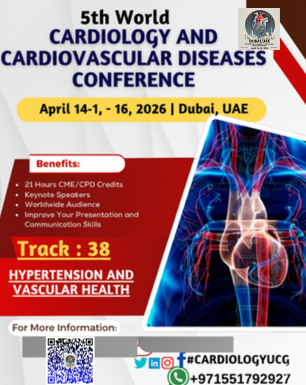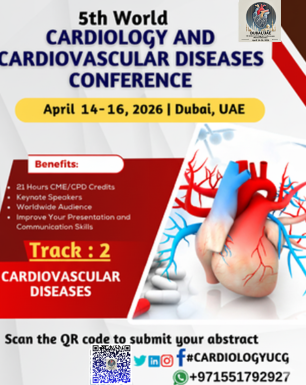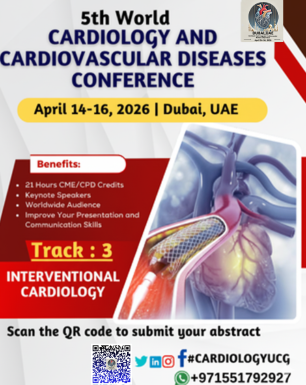



Sub Topics: Coronary Artery Disease, ...


Definition of Hypertension:
Hypertension is defined by a consistent reading of 140/90 mmHg or higher, though ideal blood pressure is typically around 120/80 mmHg.
It is categorized into primary (essential) hypertension, which has no identifiable cause, and secondary hypertension, which is the result of another condition, such as kidney disease or hormonal disorders.
Impact on Vascular Health:
Chronic hypertension can lead to endothelial dysfunction, which is the inability of blood vessels to dilate properly, contributing to atherosclerosis (plaque build-up in the arteries).
Damage to the walls of arteries from high blood pressure can result in the formation of aneurysms or even rupture of blood vessels, leading to serious medical emergencies.
Risk Factors for Hypertension:
Lifestyle factors: Poor diet (especially high salt intake), lack of physical activity, smoking, and excessive alcohol consumption.
Genetic factors: Family history of hypertension can increase the likelihood of developing high blood pressure.
Age: Blood pressure tends to rise with age, especially after 45 for men and 65 for women.
Other health conditions: Diabetes, kidney disease, and high cholesterol can also contribute to elevated blood pressure.
Prevention and Management:
Lifestyle Modifications: Regular physical activity, a healthy diet (rich in fruits, vegetables, and whole grains), limiting alcohol and salt intake, and quitting smoking.
Medications: Depending on the severity of hypertension, doctors may prescribe medications like ACE inhibitors, diuretics, calcium channel blockers, or beta-blockers to help lower blood pressure.
Monitoring and Regular Check-ups: Early detection through routine blood pressure checks is essential to managing and preventing the progression of hypertension.
Complications of Uncontrolled Hypertension:
Increased risk of stroke, heart attack, heart failure, kidney disease, and eye problems.
Hypertension is also linked to cognitive decline and vascular dementia as it can affect blood flow to the brain.